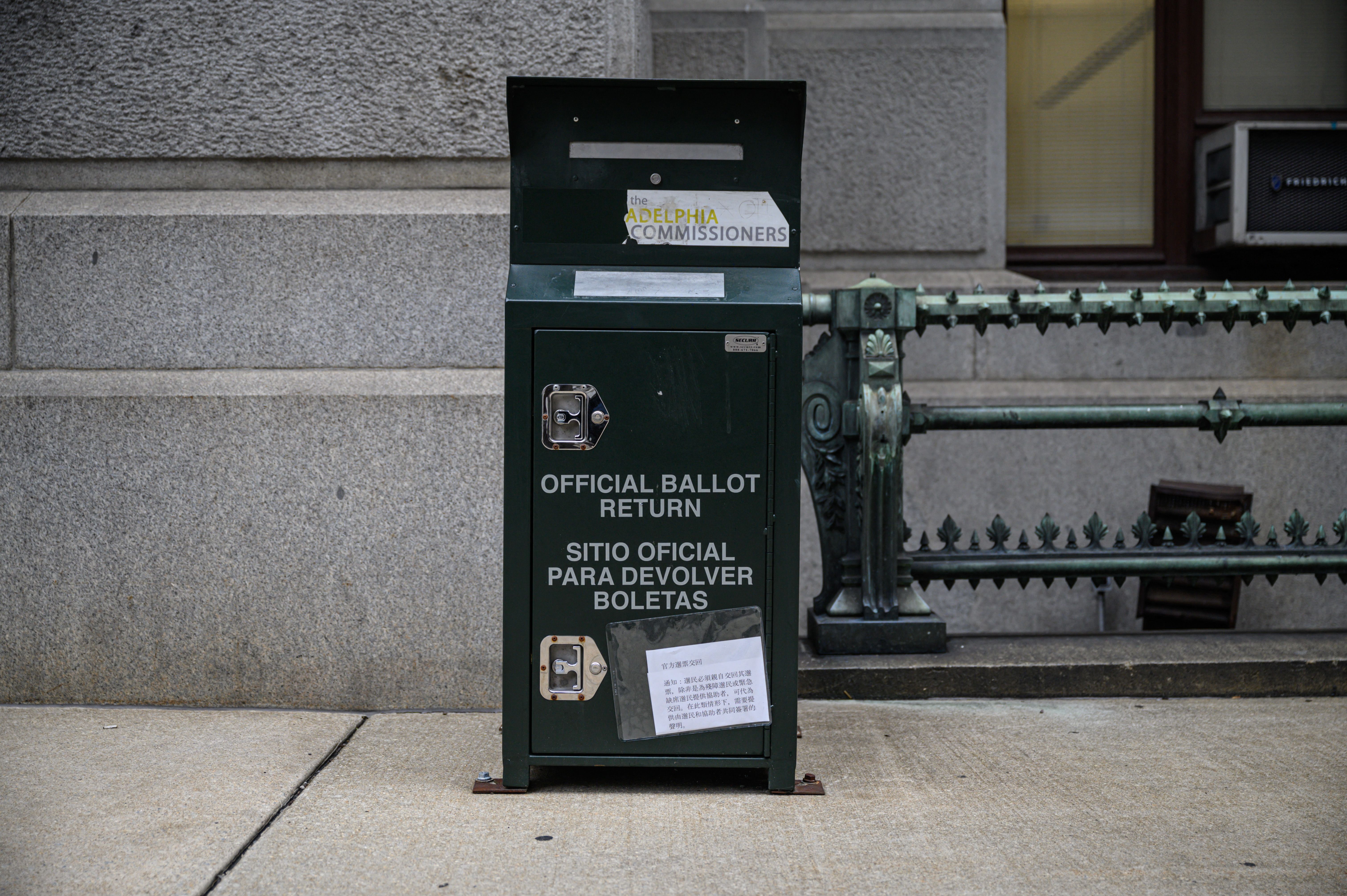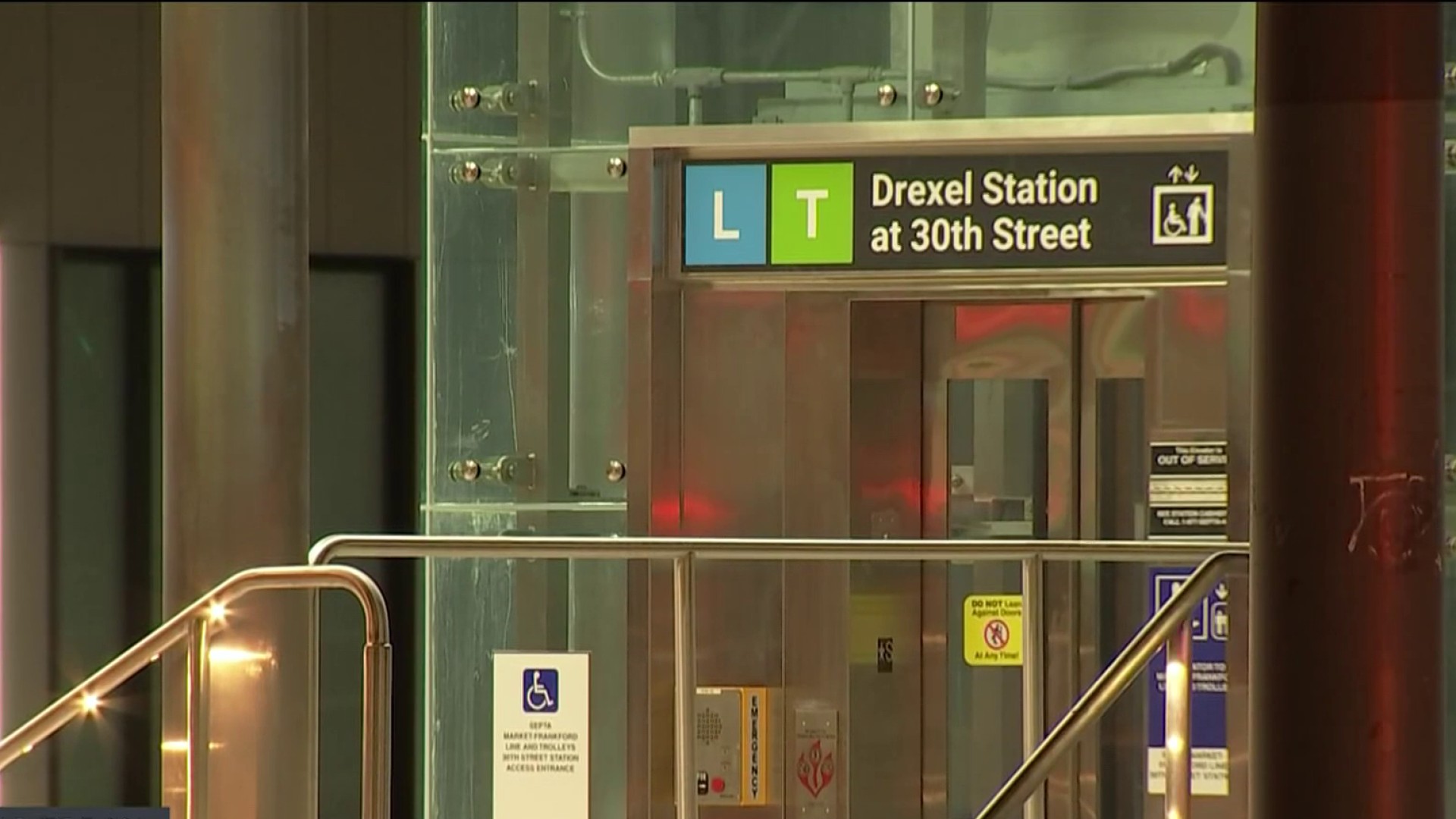What to Know
- More than 80% of Philadelphia death row inmates are black men and 91% are non-white minorities, according to the Philly DA's office
- 72% of all capital punishment convictions involving Philadelphia inmates were later overturned during post-conviction appeals, the DAO says
- Opponents of capital punishment say these numbers show the death penalty is arbitrarily applied and should be abolished
In an overflowing Philadelphia courtroom Wednesday morning, the state's highest court weighed whether to outlaw the death penalty because of what critics call the cruel and arbitrary way it's applied to poor and black defendants.
The hearing came nearly two months after the Philadelphia District Attorney's Office filed a brief with the Pennsylvania Supreme Court calling application of the death penalty unreliable because it has historically, and unevenly, targeted men of color.
More than 80% of Philadelphia death row inmates are black men and 91% are non-white minorities, the Philadelphia District Attorney's Office found after an internal review of 155 cases between 1978 and 2017.
Most of these defendants were represented by "under-compensated, inadequately-supported" court-appointed lawyers, the DAO found. As a result, 72% of all capital punishment convictions involving Philadelphia inmates were later overturned during post-conviction appeals.
"It wasn’t the worst of the worst," Philadelphia District Attorney Larry Krasner said ahead of Wednesday's arguments. "It was the poorest and it was blackest and brownist."
Assistant Federal Defender Timothy Kane echoed a similar refrain Wednesday before the justices.
Local
Breaking news and the stories that matter to your neighborhood.
"The reliability of the system as a whole is cruel and the systemic problems affect every case," Kane said, adding that more than half of the 441 death sentences handed down since capital punishment was reinstated in the late 1970s have been overturned.
Most of the time, the sentence or verdict was reversed on appeal as a result of inadequate counsel, Kane said.
At the center of Wednesday's arguments are two cases involving convicted murderers Jermont Cox, of Philadelphia, and Kevin Marinelli, of Northumberland County. Both men have been on death row since the 1990s.
Relatives of Marinelli's victim, who was killed over a stereo during a 1994 home invasion robbery, oppose the appeal.
The Pennsylvania District Attorneys Association also oppose the petition, saying in a statement that "the death penalty is a punishment society has long determined can be warranted" for the most heinous crimes.
On Wednesday, the justices repeatedly questioned if the unusual King's Bench petition, which calls on the Pennsylvania Supreme Court to assert extraordinary jurisdiction over its lower courts, fulfills an "immediate need" requirement.
Justice Debra Todd asked why abolishing the death penalty was urgent, given the moratorium on executions that Democratic Gov. Tom Wolf imposed after taking office in 2015.
"If the system is cruel, then it is incumbent on this court to say so," Kane said.
But a lawyer for Attorney General Josh Shapiro, who opposed the petition, said it was not the court's role to legislate capital punishment. Shapiro's office said that any amendments to the death penalty should be decided by state lawmakers, who issued troubling findings last year.
The nearly 300-page report outlined racial and geographic disparities inherent to the application of capital punishment. The Pennsylvania’s General Assembly Joint State Government Commission noted that a large number of people on death row were diagnosed with mental health disorders or intellectual disabilities. Also, because not all prosecutors seek the death penalty, defendants in conservative municipalities were more likely to receive the harshest sentences compared to people in more liberal jurisdictions.
"The questions the report raises are important, and should be thoroughly considered and resolved, by the General Assembly," Shapiro's office said in its brief.
Counsel from Republican state Sen. Joe Scarnati's office further cautioned that the report was not intended to "bind the court," but rather serve as an "adjunct" to further understand the death penalty as applied in Pennsylvania.
However, Kane said the state's highest court needs to step in given the failure of lawmakers to act on the bipartisan review. He asked the court to declare the death penalty unconstitutional and convert the 137 capital sentences to life imprisonment.
The five Democrats and two Republicans on the state Supreme Court did not indicate when they would rule.
Across the nation, capital punishment remains legal in 29 states, although four of them, including Pennsylvania, imposed a moratorium on executions.
Only three people have been executed in Pennsylvania since capital punishment was reinstated in 1978, the last of them in 1999. No Pennsylvania women are currently on death row.



